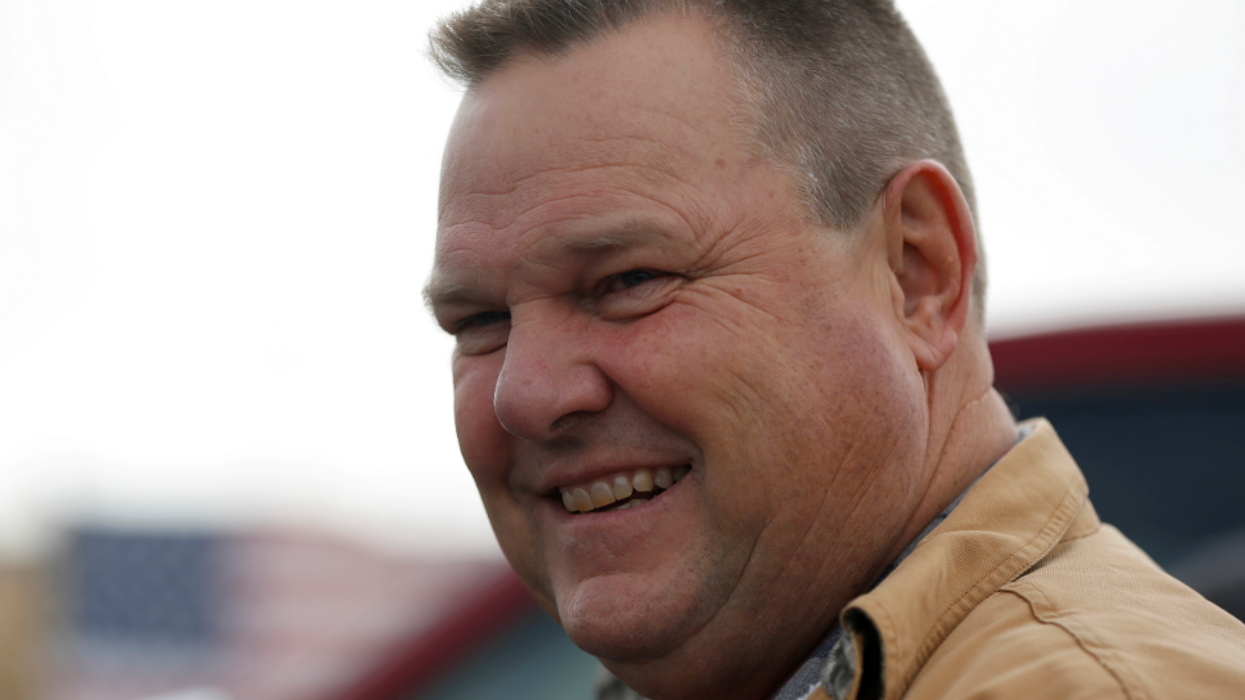More People, More Problems: Growing Population Poses New Challenges
Within the next week, the world population is projected to reach 7 billion. This milestone brings new challenges related to overpopulation, and a generation’s potential could be lost unless there are significant changes on a global scale.
A new United Nations report, “The State of World Population 2011,” warns that a lack of education, investment, and infrastructure internationally could result in a wasted generation. Instead of harnessing the potential of the younger generations, current conditions make it more likely that a large portion of the growing population will live impoverished in the developing world.
Essentially, the population is growing at a faster rate than conditions are improving. More people are surviving into adulthood than ever before, and they are also living longer thanks to advances in health and science; but global inequality persists as countries struggle to provide for their citizens. The United Nations Population Fund wrote in a statement,
Our record population size can be viewed in many ways as a success for humanity. But not everyone has benefited from this achievement or the higher quality of life that this implies. Great disparities exist between and within countries. Disparities in rights and opportunities also exist between men and women, girls and boys. Charting a path now to development that promotes equality, rather than exacerbates or reinforces inequalities, is more important than ever.
The population milestone also bears significant implications for the environment. Earth can only support a finite amount of people given its resources, and the accelerated population growth poses greater challenges in the fight against greenhouse gas emissions, deforestation, and other environmental issues.
The United Nations report reiterated a long-known fact: The key to abetting the overpopulation crisis is to educate more women.
“Governments that are serious about eradicating poverty should also be serious about providing the services, supplies, and information that women need to exercise their reproductive rights,” said Babatunde Osotimehin, executive director of the UNFPA. Speaking at a press conference in London, he discussed gender equality on a global scale: “We have come a long way, but we are not there yet. There is no group that gives up power voluntarily. Men will not give up power to women voluntarily. Women have to fight. Women need to work together.”
But even if women learn about their reproductive options and the birth rate decreases drastically, the world still must face the challenges of supporting 7 billion people — and try to ensure that infrastructure and opportunities grow along with population.


